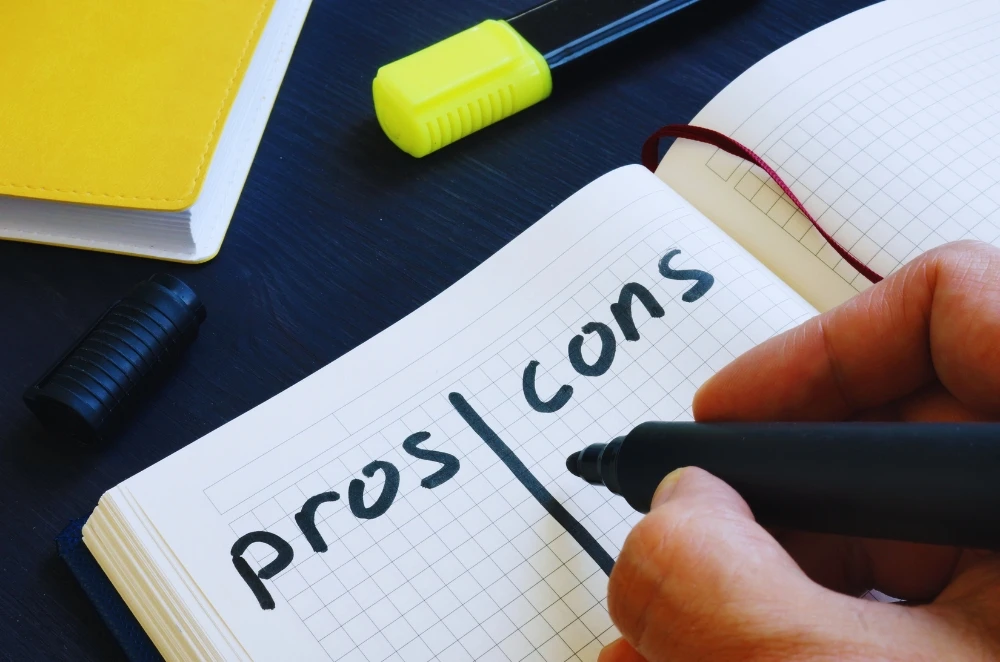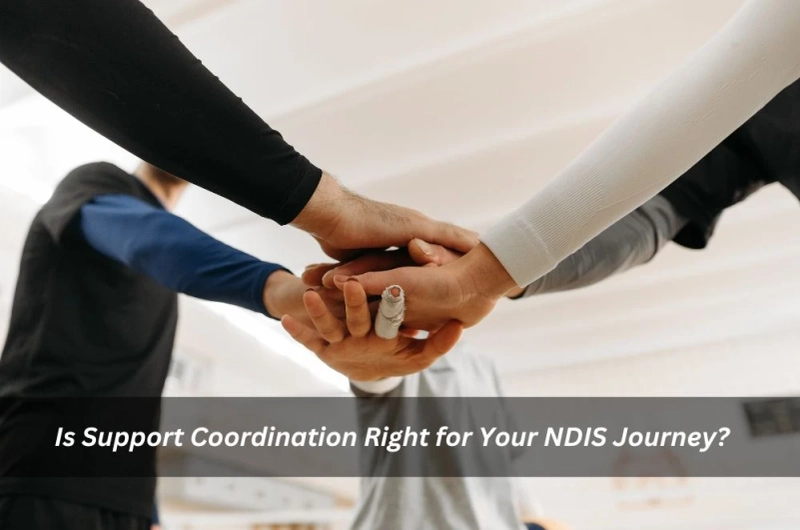When I first heard about NDIS support coordination services, I thought it was just another layer of admin — something buried in the fine print of a plan. But it turns out, support coordination can be a lifeline. It’s designed to help you navigate the system, understand your options, and actually make use of the funding you’ve been approved for. And for many NDIS participants, that guidance can make the difference between a plan that sits unused and one that unlocks real support.
If you've seen it listed in your plan or heard others talk about it, you might be wondering: Is this something I actually need? Or just more paperwork? Let’s unpack what support coordination really means — and whether it fits into your NDIS journey.
What does support coordination actually mean
At its core, support coordination is about helping you make the most of your NDIS plan. Think of it as having a co-pilot — someone who understands the system and can guide you through it without taking control away from you.
A support coordinator helps you:
- Understand what’s in your plan
- Connect with the right providers
- Manage service bookings and agreements
- Troubleshoot if things go wrong
- Build your ability to coordinate support on your own over time
And it’s not just about ticking off to-do lists. A good coordinator takes the time to ask what you actually want, not just what’s on paper. They’ll help you figure out what your goals look like in real life, and make sure the supports you’re using actually move you in that direction, not just the ones that are easiest to book. That kind of alignment can be the difference between simply “getting services” and genuinely achieving outcomes.
When my cousin received her first NDIS plan, she didn’t know where to begin. Her support coordinator stepped in, explained the funding breakdown, helped her connect with a reliable OT, and even sat in on a planning review. It was a total game changer.
Do I qualify for support coordination?
Not every NDIS participant automatically gets support coordination in their plan. The NDIA typically includes it if they believe someone might:
- Need help understanding or using their plan
- Be facing complex life situations or support needs
- Be transitioning into the NDIS or experiencing significant changes
You can check your plan or portal under the Capacity Building budget section. If “Support Coordination” is listed, you’re good to go. If it’s not in your plan right now, you can still ask for it during your next review. You just need to explain why you’re struggling to manage things on your own.
And if you’re not sure how to put that into words, have a chat with your LAC or plan manager. They might help you figure out what kind of info or examples will make your case stronger, even if it’s just jotting down what’s been tough lately.
What makes a good support coordinator?
The title alone doesn’t guarantee quality. A good support coordinator is someone who listens first and takes action second. They're proactive but not pushy, informed but not rigid. Most importantly, they prioritise your goals, not their own convenience.
Here’s what to look for:
- Clear communication — they break things down simply
- Strong NDIS knowledge — especially around budgets, service agreements, and disputes
- Independence — they don’t push you toward preferred providers unless it’s in your best interest
- Problem-solving — from funding mix-ups to unavailable services, they know how to troubleshoot
The NDIS has published a helpful breakdown of how support coordination works in NDIS, including the three recognised levels of service and when each applies. It’s a solid starting point if you’re looking to compare different options or just understand what to expect.
Support coordination isn’t support work
One common confusion I see (and made myself) is between support coordinators and support workers. While both play important roles, they’re very different.
- A support worker helps with day-to-day activities — personal care, transport, community access, etc.
- A support coordinator helps you organise those supports — they don’t deliver them directly.
If you're wondering where to begin or how to build your team, it’s worth reading about how to find NDIS support worker options that align with your goals, location, and preferences. That way, you know what to look for when the time comes to bring someone into your home or routine.
Pros and cons: Is it worth it?

Let’s keep it real. Support coordination isn’t right for everyone. But for many, it takes a huge weight off their shoulders.
✅ It might be worth it if:
- You're feeling overwhelmed managing your plan
- You're new to NDIS or experiencing major changes
- You have multiple service needs or a complex diagnosis
- You want someone to help advocate for you
❌ It might not be needed if:
- Your plan is simple and already running smoothly
- You or a family member confidently handles bookings and budgets
- You’ve got strong, consistent providers already in place
The key question to ask is: Do I have the time, knowledge, and capacity to manage all this myself right now? If you’ve ever missed appointments, forgotten to submit claims, or struggled with the portal, support coordination might lift some of that stress.
Final thoughts: Choose support, not stress
At the end of the day, support coordination isn’t about giving up control — it’s about sharing the load. You still make the decisions. You still call the shots. But you’ve got someone in your corner who knows the system, knows the shortcuts, and can help you make the most of the funding you worked hard to get.
If you're eligible and feeling unsure, there's no harm in giving it a try. Some of the best outcomes I’ve seen from NDIS plans come from participants who felt confident, informed, and supported, not just funded.
Because the NDIS should never feel like more work than it’s worth.


